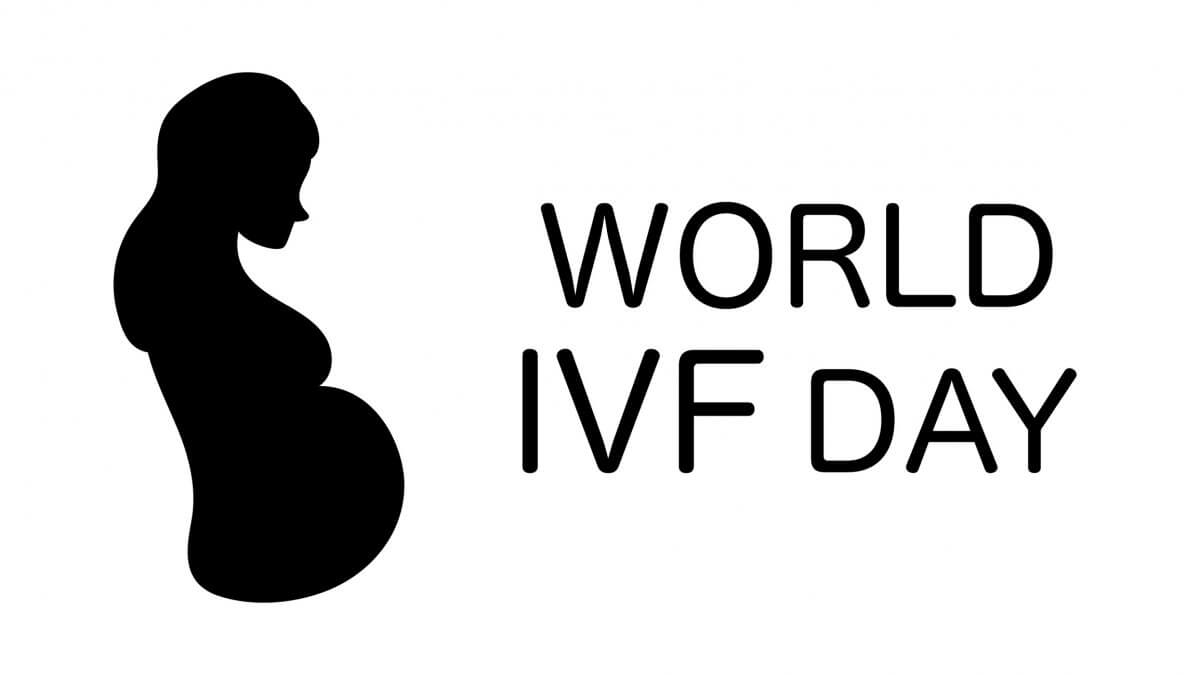After experiencing a termination for medical reasons (TFMR), the question of whether to pursue fertility treatments again isn’t simple. The thought of IVF after TFMR can feel overwhelming, even when your heart still yearns for parenthood.
If you’re not sure you can go through that again right now, you’re not alone. Many hopeful parents feel stuck between their desire to grow their family and their fear of experiencing another loss.
If you’re already wondering whether IVF is still right for you, or you’re open to other possibilities, fill out our form today to explore a path that protects your hope and your heart.
This article explores the realities of pursuing IVF after TFMR, and an alternative that honors your healing process while preserving your dreams of parenthood.
Should I Try IVF Again After TFMR?
After a TFMR, you may find yourself questioning if you can or should pursue another pregnancy. Ask yourself:
- Am I physically healed from my last pregnancy and any complications?
- How does the idea of another round of IVF make me feel emotionally?
- Do I feel prepared for both the best- and worst-case outcomes?
These questions don’t have right or wrong answers, but they can help guide conversations with your doctor, partner, or a counselor. Whether you pursue IVF again or choose a different path, the decision is deeply personal — and yours alone to make.
What Are My Chances of Success with IVF After TFMR?
According to the Mayo Clinic, the risk of miscarriage after experiencing one pregnancy loss is about 20%. However, this statistic doesn’t account for the various factors that influence success rates or the specific circumstances surrounding TFMR.
Maternal age remains one of the most significant predictors of IVF success, regardless of previous pregnancy experiences. Any underlying fertility conditions that may have contributed to your initial conception challenges will likely continue to affect your chances of success.
However, if your TFMR was due to a genetic condition or a fetal abnormality, you may be a candidate for advanced testing like PGT-A (preimplantation genetic testing for aneuploidy).
Genetic Screening After TFMR
PGT-A (preimplantation genetic testing for aneuploidy) can screen embryos for chromosomal abnormalities before transfer. It may reduce the risk of implanting embryos with known issues.
But not all conditions that necessitate TFMR can be detected through testing. Some fetal anomalies develop during pregnancy and cannot be identified at the embryonic stage.
Additionally, PGT-A testing focuses primarily on chromosomal abnormalities and doesn’t detect all genetic conditions or structural problems that might emerge later in pregnancy.
If you’re considering PGT-A for a future IVF cycle or for embryos you’ll use with a surrogate, learn how how this process fits into your journey.
What to Ask Your Fertility Doctor About IVF After TFMR
When you’re considering IVF again after a TFMR, your fertility doctor can help guide you. Here are some important questions to ask:
- How does my TFMR history affect my chances of success with IVF?
- Are there any additional risks I should be aware of?
- Should I consider PGT-A or other genetic screening?
- Could surrogacy be a safer option for my circumstances?
These conversations can help you clarify your goals and identify the family-building path that best fits your emotional and medical needs.
The Hidden Risks of IVF After TFMR: Are You Prepared?
Recovery time varies significantly based on individual circumstances. While some people feel physically ready to pursue IVF after TFMR within a few months, others require longer healing periods.
Here are some risks and complications to consider:
- Recovery time may depend on the gestational age and method of delivery. Late-term terminations, especially those requiring cesarean delivery, can lead to uterine scarring or other complications.
- Hormonal fluctuations after pregnancy termination can persist for several months, potentially impacting fertility treatment.
- Irregular menstrual cycles or ovulation patterns may follow TFMR, requiring medical monitoring and adjustments to treatment.
- Physical healing may require several normal menstrual cycles before your body is ready for another round of IVF.
Your fertility specialist will likely recommend waiting for several normal cycles to ensure your body has returned to baseline function and it’s safe to try IVF again after a TFMR.
The Emotional Impact of IVF After TFMR —When Your Heart Isn’t Ready
Even if your body is “ready,” your heart may not be.
Fertility treatments can feel especially stressful after pregnancy loss. Hormone shots, frequent appointments and the wait for embryo transfer can increase anxiety.
Milestones like embryo transfer or the first ultrasound can reawaken grief. Some people describe feeling emotionally numb or fearful of feeling any hope.
These reactions don’t indicate weakness or lack of readiness; they represent normal responses to trauma that deserve acknowledgment. Working with providers who understand the specific support needed after pregnancy loss can significantly improve your treatment experience.
Emotional Support Resources for IVF After TFMR
Finding the right emotional support can make all the difference. Here are a few trusted communities and resources:
- TFMR Mamas offers various support groups
- Through the Unexpected focuses on post-pregnancy loss healing
- Subreddits like r/IVF offer forums for peer support
- Trauma-informed counselors can help with reproductive grief and pregnancy loss
Financial Considerations of IVF After TFMR
IVF can be expensive, especially if your care now requires genetic testing, additional monitoring or specialized procedures. Insurance may not cover repeat attempts or testing, depending on your provider.
Beyond direct medical costs, IVF after TFMR can be emotionally draining. The possibility of treatment failure after previous pregnancy loss can make each cycle feel like a significant risk.
This pressure may influence treatment decisions or create additional anxiety during already stressful procedures.
Some families find that alternative paths like surrogacy prove more cost-effective over time by reducing the likelihood of repeated failed attempts. You may want to consider what works best for your family.
Surrogacy may offer greater peace of mind and financial predictability. If you’re recovering financially from previous IVF failures, learn about why financing surrogacy after IVF failure is worth it.
What if IVF Feels Too Risky? Exploring Surrogacy as a Path Forward
Feeling scared, exhausted or disconnected from the idea of IVF after TFMR? Your body and mind have endured significant stress, and hesitation doesn’t indicate weakness. Sometimes the bravest decision involves acknowledging when you need a different approach.
You don’t have to abandon your dreams of becoming a parent. Gestational surrogacy offers hope without requiring you to physically carry another pregnancy.
It can be a safer path after multiple losses. You can still use your embryos or create new ones, and your surrogate will carry the pregnancy on your behalf.
This option allows you to pursue parenthood at your own pace, with additional support throughout the process. You deserve a family-building option that respects your grief and protects your hope.
Surrogacy vs. IVF After TFMR: What’s Safer?
Here’s how surrogacy compares to IVF after TFMR:
IVF:
- Physical Demands: High
- Emotional Control: Often feels fragile
- Timeline: Shorter, but unpredictable
- Cost: Lower per attempt
- Safety: May carry risks for certain conditions
Surrogacy:
- Physical Demands: None for intended parents
- Emotional Control: Shared support throughout
- Timeline: More structured once matched
- Cost: Higher upfront, but may reduce cumulative cost from failed cycles
- Safety: Safest path for those with health risks
How American Surrogacy Supports Families After Loss
American Surrogacy understands that families pursuing surrogacy after pregnancy loss may be struggling with hesitation and fear. Our comprehensive screening process ensures that the surrogates we work with are physically, emotionally and mentally prepared to carry a pregnancy.
When you’re ready to explore IVF alternatives after TFMR, contact us online for more information.
There’s no “right” timeline for healing after pregnancy loss, and we’re prepared to meet you wherever you are in your journey.









